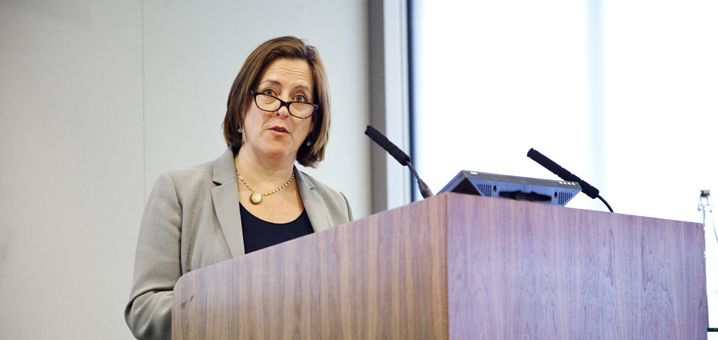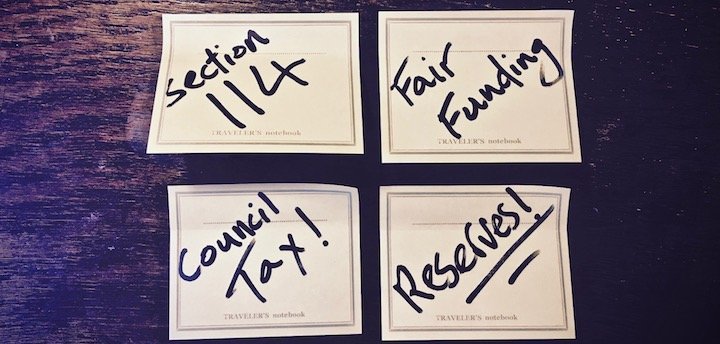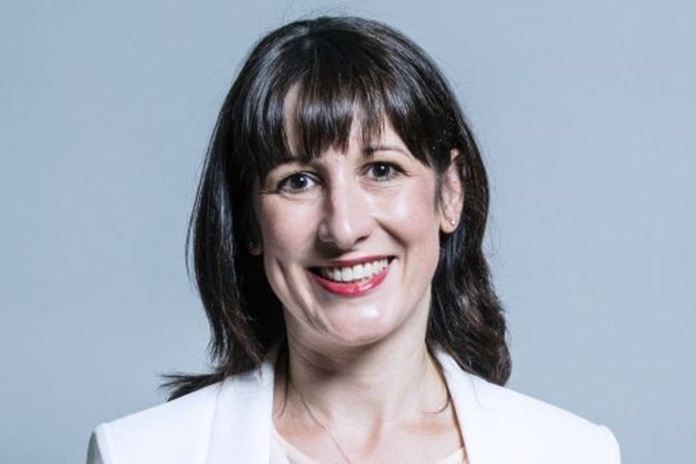The government’s injection of cash into local government in the 2018 Budget has reduced the chances of another council finance chief issuing a section 114 notice, according to the chief civil servant at the Ministry of Housing, Communities and Local Government.
In October, chancellor Philip Hammond announced a surprised boost to local authority funding, including more than £1bn extra for social care over this year and next.
Speaking to Parliament’s Public Accounts Committee this week, MHCLG permanent secretary Melanie Dawes said that she is not expecting any more councils to follow Northamptonshire County Council in issuing a section 114 notice.

She said: “I can never give you a categorical assurance but we are not expecting that right now.
“Obviously we have the local government settlement that will be presented next week. But we are not, from the budget measures and what we are hearing from the sector, expecting that.”
She said that the department’s assessment is that “having put extra money in the Budget we have stabilised the risks for 2019/20 very significantly and there isn’t a council close to the edge over that time period. And certainly not one approaching Northamptonshire’s situation.”
However, MPs on the committee questioned whether the extra social care cash announced by Hammond would go towards filling councils’ budget black holes, rather than all being spent on the area it was earmarked for.
Labour MP Gareth Snell said: “Local authorities are facing huge pressures across the piece. You are giving them a one-off hit in their budget that is unringfenced and expect them to be told by the NHS what to spend it on.
“Most authorities are going to say ‘that is lovely but we have this ongoing budget black hole to fill so we will listen to what you say but thank you very much.’”
Responding, Jo Farrar, MHCLG director general for local government and public services, admitted that there will only be “light touch” monitoring of how councils use the extra resources.
She said: “For this year we haven’t put very tight requirements around it because we gave the money to local government quite late and we have listened to messages from previous years that they find it very hard to spend if we give them money just before winter and have big reporting arrangements around it.
“For next year they have more time.”
And Dawes seemed relaxed about councils using the extra social care cash to fund other services in certain situations.
She said: “In some councils they will have only been able to expect to sustain adult and social care service with reductions in another service.
“That is the in-the-round assessment of financial sustainability we are looking at in the department and we would be concerned about those things.
“If it is the case they can do a different budget trajectory that protects both of those aspects of spending, that might be a very effective resetting of their financial plans.”
The hearing also provided a chance for the committee to resume its attempts to get Dawes to outline how the department judges the financial health of local authorities.
In May, MPs on the committee voiced frustration that Dawes was unable to give more information about the advice civil servants give to ministers on the sustainability of local government finances.
In this week’s appearance, Conservative MP Lee Rowley repeatedly pressed the permanent secretary to give more details about how the department judges which councils are at risk.
Dawes said: “We don’t have a sense of some metric or threshold over which the sector is or isn’t sustainable.
“It is a more nuanced and broader judgement than that.
“I have said before and will say again that we know there are pressures in the system. There are a lot of risks in the system. Those risks are reduced from before the budget.”











